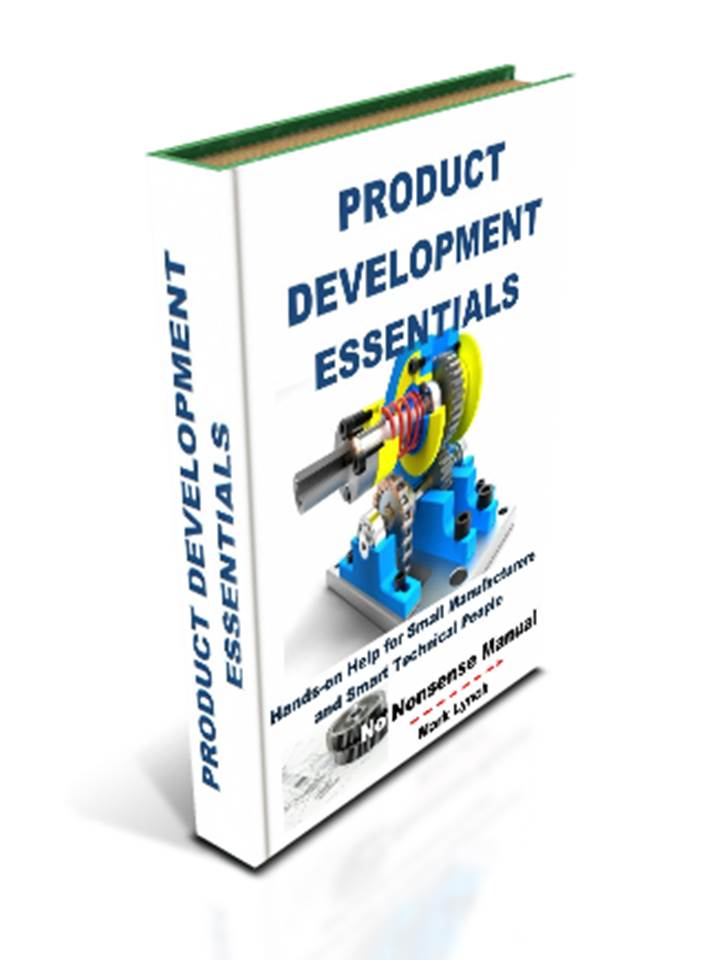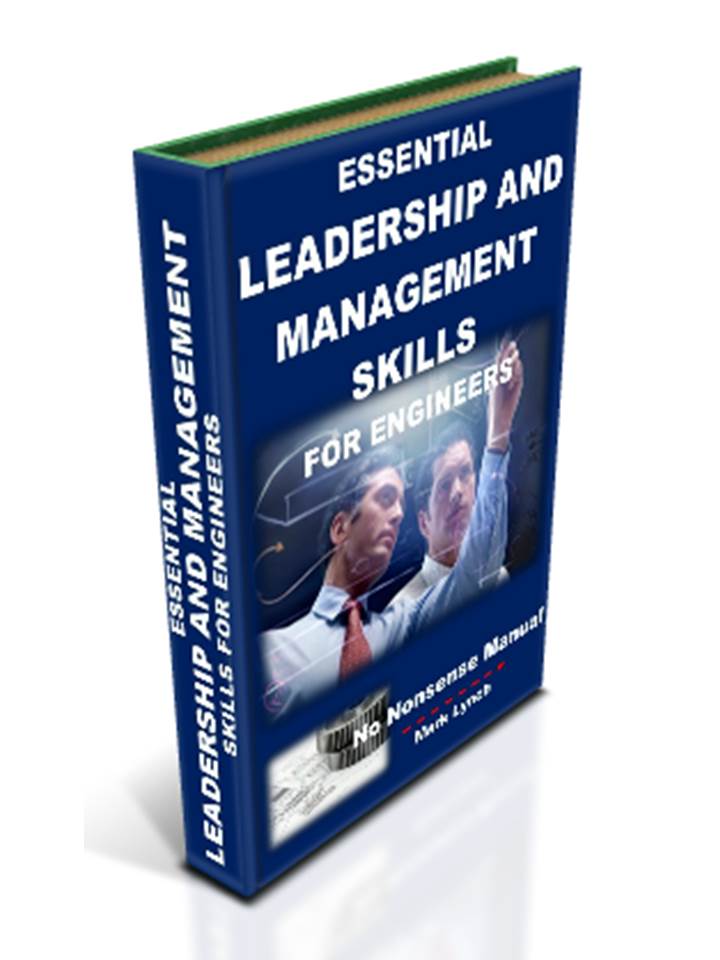'Hands-on Help for SMEs' and Smart Technical People'
People Management for Engineers
People Management and Strong Communication Skills
Essential Leadership and Management for Engineers
People Management for Engineers: Intro...
Working collaboratively with other engineers and technicians is critical to high performing engineering and manufacturing teams. However we know managing people and their myriad of issues can be significantly different from the logical world of engineering and technology. For engineers who find themselves leading teams or promoted to head-up technical units, possessing the right people skills is more than a ‘nice to have’. Instead it is critical to undertaking a successful job. However, often far less effort goes into obtaining the right skills in this area than it does for a technical discipline.
So what are the best practice skills central to successful people management for engineers? How do you get teams to be as productive as possible? What happens when it goes wrong and you need to resolve conflicts and hold difficult conversations? What are the subtle skills required to bring out the best in people through mentoring and coaching? How can simple but effective performance management be used to set tasks and get the best from employees?
The section sets out answers to these and a range of other questions. The information is pitched at a level that is easy to understand, with an emphasis on relevance and application in the workplace. Key People Management themes covered below include:
- Communications Skills
- Negotiation and Persuasion
- Conflict Management
- Coaching and Mentoring
- Teamwork
- Performance Management
- People Management Tips
People Management for Engineers: Getting Your Message Across...
Communications Skills
Clearly communication plays a significant part in effective people management. Communication skills are covered extensively in the Leadership section. However it’s worth a recap as the ideas are so central to getting the best out of people.
Effective people management for engineers requires strong communication skills to provide guidance instructions, support and inspiration. Most engineers and technicians in teams will have expertise in a given field. Many, but not all, are creatures of habit, typically trusting in years of training and experience with an inbuilt reluctance to change too radically. As such people managers will sometimes find themselves having to overcome this. Persuading technical professionals can be challenging. A powerful combination of evidence-based demonstration and effective communication is a good starting point. So what are the traits of a people manager with strong communication skills?
People Management for Engineers: Hearing Different View Points...
Active Listening
Listening - probably one of the most underrated communicated skills there is. To listen effectively requires the ability to concentrate on what others have to say. This may involve requesting opinions from a range of perspectives, some of which may differ from yours. The ability to listen well requires strong self-control – actively stopping yourself interrupting and replying because you are itching to put your opinion across. It requires keeping your feelings sufficiently under control, even when what you are hearing is highly emotive. Also, letting the speaker finish ensures you receive the whole complete message in the correct context.
Sounds obvious? Well it’s amazing how many people don’t do it. Listen out for this at your next meeting if you want proof! Listening to others will give a broader, more balanced perspective. In turn, this provides you with the basis to make the best decisions – a core skill for a leader.
Active listening involves being conscious about the purpose of your communication. What is the message you want to deliver. What is it you want to hear from other people? Be aware people tend to filter information when they hear it – this is natural, but may affect the message being communicated. To further explain, we tend to welcome and hear information we agree with or we find welcome. The opposite is true, in that it is natural to pay less attention to bad news or parts of the message we concur with less.
Listening to others includes other signals, particularly when the conversation is face to face. Be aware of vocal signals like tone and pitch which add emphasis to particular parts of the message. In addition, body language and gestures provide you with information over and above the words used. Eye contact is important in conveying sincerity.
People Management for Engineers: Talking the Talk...
Verbal Communication
A good starting point with verbal communication is clarity. When speaking, be clear about the message you want to deliver – preferably before you start to speak. As a leader, ask yourself what is the message I would want my audience to receive? Once you’ve considered this point, it really is a case of constructing a clear message that conveys the key information you aim to communicate, in the best way. No waffle, no long yarns, instead the key points you want to get across.
Once these have been delivered, then you can consider further explanation and other details. To enable this, some leaders tend to start with the essential information, perhaps following this up with additional data, before summarising with the main points again. Finally they checking the audience are clear at the end. Consider appropriate language for the audience you are addressing. Again, it’s all about getting your message across. For example, as an engineer you’ll want to use different language to train a shop floor team, than you would for trying to convince the board to financially back a new project. Adjust your language accordingly.
Other considerations include being aware of how fast you speak. Clarity diminishes with speed. You know what you are about to say but obviously others don’t. So slow down and emphasis key points to ensure others ‘get it’. Tone and pitch are other verbal communication considerations to be aware of. Use these appropriately to make your message interesting. Body language and gesturing also help make verbal communication more human and memorable. Don’t overdo them, but use them fittingly to help deliver a convincing message.
Aim to build rapport with you audience. Mutual respect and understanding go a long way to helping deliver an effective message. There are practical ways of building rapport such as matching the tone, pace and body language of those you are speaking to. Other tips include appropriate banter and jokes, as well as smiling and nodding.
Practice what you preach and lead by example. Aim to actively listen to those in your team, seeking and acting on feedback. Leaders need to make it their priority to get out and about and talk to team members, discussing issues, offering advice and generally being visible. Drive the activity or project with your presence. Find out what’s going on and the mood of the team at an operational level. Likewise, listening to others outside the team is vital; such as other technical staff, suppliers and of course customers.
In addition to the information listed here, please see the Public Speaking section for some first class advice. Public speaking is a particularly useful skill with the potential to advance you career and employability. What’s more, it goes hand-in-hand with leadership.
People Management for Engineers
Next... Negotiation and Persuasion, inc. Making Proposals
Back to Leadership and Management Skills
For you, what are the qualities of a Great Engineering Leader?
Have you come across highly effective engineering managers and inspirational leaders? Are you one?!
Describe the qualities you think set the best apart from the rest. What practical tips and styles get the best results?
Share your story...and receive a FREE copy of our report 'Helping Your Manufacturing Business Thrive'...PS: Feel free to name-drop your firm! There's nothing wrong with a bit of free publicity!











